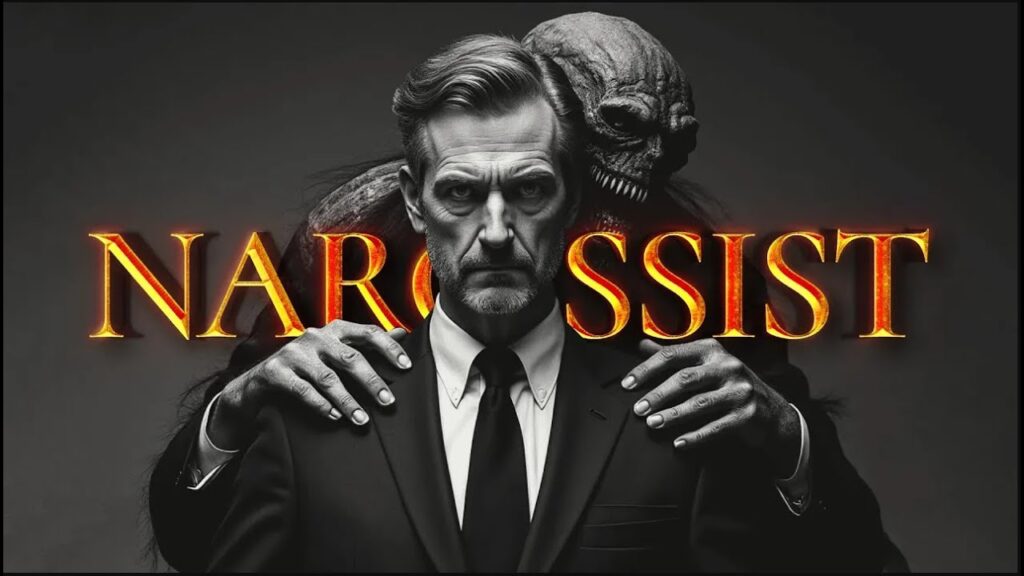In today’s world, young men are facing a crisis. A crisis not just of opportunity or societal expectations but of identity and purpose. I’ve been reflecting on this topic lately, particularly after watching a powerful video by Jordan Peterson, one of my silent mentors. A “silent mentor” is someone whose ideas and wisdom mentor you, even though they don’t know you personally. For me, Peterson has been one of these figures, particularly when it comes to understanding the struggles that young men face today.
Watch the full reaction here:
The Silence and Suffering of Young Men
Peterson talks about a painful truth: young men today are suffering, and very few people seem to care. It’s easy to ignore this reality, especially when society seems more concerned with pushing forward narratives about the struggles of women. But what about the struggles of men? Why is it that young men seem lost, trapped in cycles of despair, drugs, pornography, and even worse, violence? These are men who don’t know how to navigate a world where they feel marginalized and misunderstood.
In Peterson’s words, “It’s really something to see constantly, how many people are dying for a lack of an encouraging word.” He highlights how easy it is to give someone a simple compliment or offer words of encouragement, but for young men, these words are often absent. Men rarely hear praise or positive reinforcement. In fact, the only time a man might ever receive flowers is at his funeral. It’s a powerful metaphor for the way society ignores the emotional needs of men. Women are often praised for their looks, their achievements, and their roles in society, but men? They face ridicule and are often told to “suck it up.” The result is a silent suffering that leads to tragically high suicide rates among men.
The Impact of “Toxic Masculinity” and the Purpose Crisis
The concept of “toxic masculinity” is often thrown around to describe unhealthy behaviors in men, but Peterson and others argue that it’s more than just a critique of certain traits — it’s an assault on masculinity as a whole. Society has increasingly painted men as the source of all societal ills, branding them as inherently toxic. This narrative has made many young men feel worthless, as if their existence and struggles are not just misunderstood but entirely dismissed.
This dismissiveness has profound consequences. The traditional role of men as providers and protectors is now seen through a lens of disdain. With marriage rates dropping, divorce rates climbing, and the constant barrage of criticism, many young men are asking: “Why should I bother? What’s the point of all this?” As Bill Burr humorously pointed out, if you were told that two-thirds of skydiving parachutes fail, would you still jump? For many men, the answer is no.
As Peterson explains, young men are often left without a clear sense of purpose. For women, there’s a biological and societal understanding that their purpose often revolves around family and child-rearing. But men? Their role isn’t so clearly defined anymore. Sure, they’re expected to provide for their families, but in a world where the rules keep changing, where men are discouraged from fulfilling traditional roles, many young men are left floundering, unsure of what their purpose is.
The Gender Gap in Education and Economic Challenges
Another significant issue facing young men today is the widening gender gap in education. Women are outpacing men in college attendance and graduation rates, which leads to better job prospects. This disparity is only exacerbated by an education system that often caters more effectively to the learning styles of women than men. The traditional educational approach — sitting quietly and absorbing information — isn’t the best method for many young men who learn more effectively through action and mentorship.
Moreover, as traditional industries like manufacturing have declined, many young men find themselves without clear career paths. The modern economy, with its focus on sectors like healthcare and education, often gives women an advantage. Men, however, are increasingly sidelined, with fewer opportunities and less societal recognition for the work they do. The lack of support for men, particularly in the workplace and in education, leaves them without a sense of purpose, a feeling of being left behind.
A Generation in Crisis
Young men today face a perfect storm of social, emotional, and economic challenges. Media coverage often prioritizes women’s issues, leaving men’s struggles unheard. The “suck it up” mentality that has long been associated with masculinity only makes things worse, leaving men with no outlet for their pain or frustration. Men are told they should “man up” but aren’t given the tools to process their emotions in healthy ways. Society, in general, has failed to create safe spaces for men to express vulnerability without fear of being labeled as weak.
The rise of pornography, which many men turn to as a coping mechanism for their pain, is another symptom of this larger crisis. Pornography is not just about sex — it’s a way for men to numb the emotional void they feel. It’s a temporary escape from the pain of isolation, a symptom of a deeper issue that remains largely ignored by the world at large.
The Path Forward: Reclaiming Purpose Through Responsibility
Despite all the challenges, there is hope. The key to overcoming these struggles lies in reclaiming responsibility. As Peterson often says, men need to take up the load in life. They need to bear their crosses, face their struggles head-on, and grow through suffering. It may sound paradoxical, but suffering leads to strength. Just like going to the gym and lifting weights — pain leads to growth. The same is true for emotional and mental struggles. When men confront their challenges, whether it’s breaking free from addiction or dealing with difficult emotions, they grow stronger.
The solution isn’t to avoid pain — it’s to face it. And to do so with purpose. Men need to find something worth fighting for, something worth getting out of bed for every day. This might be a career, a family, or a personal goal. But without purpose, life can feel meaningless.
The Role of Men in Society: A Call to Action
The ideal role of men has been lost in today’s world, but it is not too late to rediscover it. True masculinity, as embodied by figures like Jesus Christ, is not about domination or selfishness. It’s about leadership through love, sacrifice, and responsibility. Men are called to lead, protect, and provide, not through power or control but through service and selflessness.
In the end, the answer for young men lies in reclaiming these ancient truths — taking responsibility for their lives, bearing the cross, and leading with love. Men who embrace this will find a sense of purpose, not just for themselves but for the generations to come. And as they do, they will begin to heal the wounds of their own hearts and become the leaders their families and society desperately need.
So to all the young men out there — don’t let the world convince you that you are pointless. Find your purpose, take responsibility, and grow through the challenges. It’s not an easy path, but it’s the only path that will lead to fulfillment. And trust me, it will be worth it.


